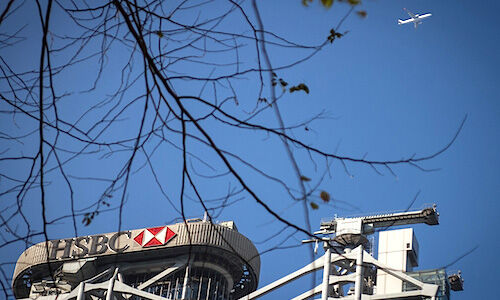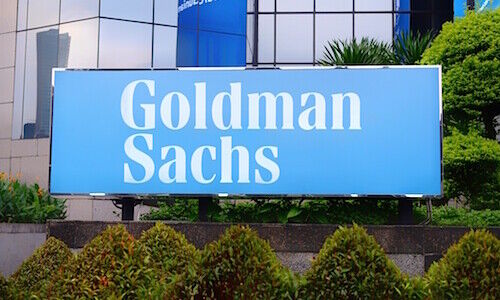HSBC: Entrapment Mastermind or Conspiracy Theory Victim?
HSBC has been hit by state media backlash in China following fresh claims from Huawei defendants that U.S. prosecutors omitted key information that made the British lender appear oblivious to Iranian dealings.
U.S. authorities claim that Huawei and its chief financial officer Meng Wanzhou deceived banks, including HSBC, to clear millions of dollars in transactions to Skycom, a company registered in Hong Kong which the Chinese tech giant has long described as a business partner in Iran.
Meng begged to differ in her latest claims that HSBC not only had knowledge of Huawei’s relationship with Skycom, but knowingly placed it within Washington’s radar and subsequently misled Canadian authorities on the matter.
«The context of the development of the Huawei incident clearly shows that the U.S. investigation of Huawei was not triggered by HSBC,» the bank said in a WeChat post over the weekend, following state media backlash. «HSBC has no malice against Huawei, nor has it ‘framed’ Huawei.»
Missing PowerPoint Slides?
According to a «Global and Mail» report last week, citing Meng’s legal team, U.S. prosecutors omitted «highly relevant information» that created the impression the Huawei never told HSBC about its relationship or activities with Skycom.
Defendants claimed that Meng delivered a 16-slide PowerPoint presentation to HSBC bankers in Hong Kong on August 2013 but contends that prosecutors omitted key information in two slides where Huawei disclosed that it had dealings with Skycom in Iran.
This not only places doubt on U.S. claims, Meng’s lawyers said, but also on HSBC which, if true, would then have had sufficient information to assess risk for clearing U.S. dollar transactions and violating sanctions.
Deliberate Exposure?
Meng’s legal team also suggested that HSBC may have deliberately exposed Huawei to U.S. sanction risk by clearing transactions through U.S. banks despite claims of evidence that the bank had the option of clearing funds through the Clearing House Automated Transfer System (CHATS), an alternative, risk-free Hong Kong-based system.
- Page 1 of 2
- Next >>



























